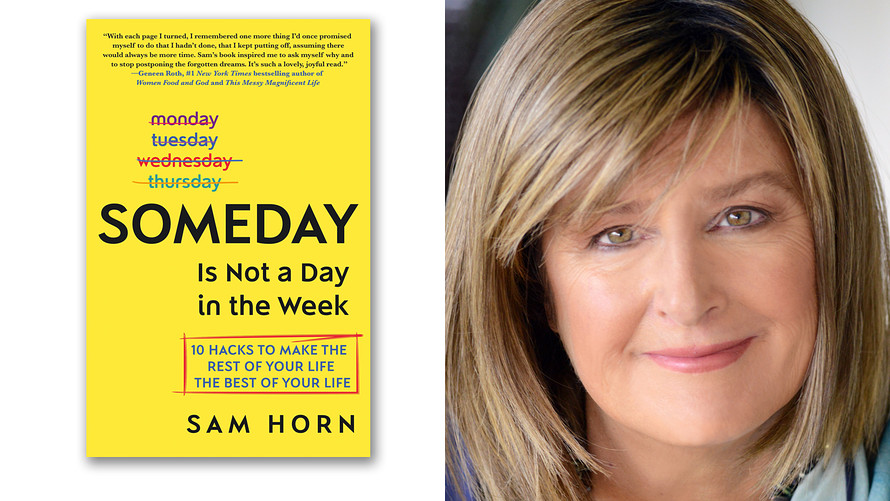The 60-something executive looked around to make sure no one could hear him, leaned in and whispered to me, “I’m afraid to retire. I could never just do … nothing.”
This gentleman was voicing a secret fear of many people on the verge of retirement. As he confessed, “I wouldn’t know what to do with myself. You can only play so much golf.”
It’s understandable. For decades he’s had somewhere to go every day. He’s had a full calendar with customers and employees counting on them. He’s had purpose, direction, meaning.
Then … he retires and the career carpet is pulled out from underneath him.
What if there were a better way to retire? There is. You don’t have to go cold turkey. You can half-retire and have the best of all worlds — financial security, flexibility and fun.
And you don’t have to work around the clock, be stressed out or burned out, and have a boss telling you what to do. You can be your own boss. Here’s how. Ask yourself these questions.
1. What is a hobby I once enjoyed, but don’t do anymore?
2. What do people tell me I’m good at? (Please note: this may come easily and effortlessly so you dismiss it and feel it’s not a big deal. But if people consistently compliment you on a talent you have — whether that’s collecting vintage clothes or cooking gluten-free meals — it counts.)
3. Who is a business or community leader I respect? Do I look at the positive difference they’re making and wish I could do that or be like that?
4. Where am I a shortcut to people’s success, health or happiness? What do I know that can save people time and money — or make them time and money?
5. What don’t people like to do that I actually like to do?
6. What do I find unacceptable? I look at this and think “Somebody should do something about this? I’m as much a somebody as anybody; I’ll do something about it.”
These questions can help clarify an encore career that could provide extra meaning and money.
One place to find “half-retirees” is at a quality arts and craft fair. They are full of people “of a certain age” who have the light on in their eyes because they are monetizing a hobby.
For example, the “Pretty Darn Good Salsa” couple Kim and David Barrow created a special blend with secret ingredients for a Super Bowl party. Everyone loved it so they kept making bigger batches. He retired from teaching and they now augment his pension by selling bulk orders to corporate clients and at art festivals in areas of the country they want to visit.
He told me, “It may be 8 degrees back home, but we’ll be in sunny Florida that weekend visiting our daughter, meeting interesting people, and helping to finance our golden years.”
Please note: none of the “half-retirees” I meet studied what they’re doing now in college. They just got creative about how to turn a passion into a profitable part-time profession.
Katherine Graham of the Washington Post once said: “To do what you love and feel it matters, how could anything be more fun?” The only thing that could be more fun is to do something you love, feel it matters, do it with people you enjoy and get paid for it. That’s what half-retirees get to do.
Are you on the verge of retiring, or do you know someone who is? Print out this article. Take it to a meal with a friend or family member. Answer the questions together to explore how you can half-retire and create golden years that are truly golden.
 St. Martin
St. Martin
Who knows, maybe a hobby you set aside long ago can be turned into a money-making second act. If you love animals, perhaps you can set up a part-time dog-walking business or a pet-care service for people in your neighborhood who travel or who are gone all day at work.
Pablo Picasso said, “The purpose of life is to find your gift. The meaning is to give it away.”
If you want a more meaningful, monetarily rewarding retirement, clarify your gifts and then figure out how you can give them away or get paid to teach them to people or do them for people. You can have the best of all worlds .. when you half-retire.
Sam Horn is CEO of the Intrigue Agency and is on a mission to help people create the life, work and relationships of their dreams. She is the author of “Someday is Not a Day in the Week.” Follow her on twitter @SamHornIntrigue











